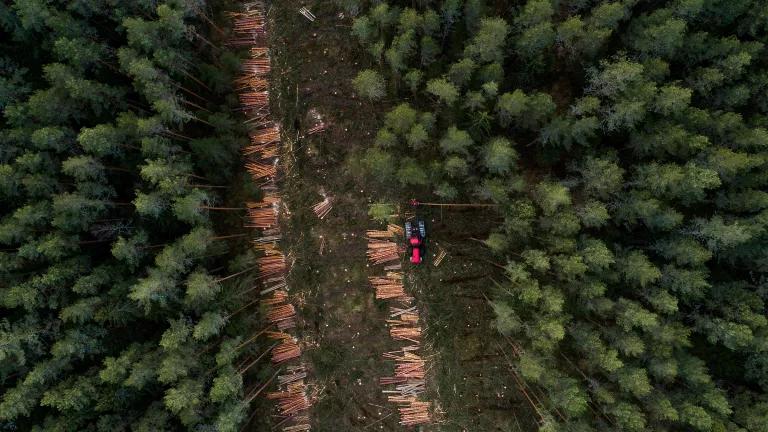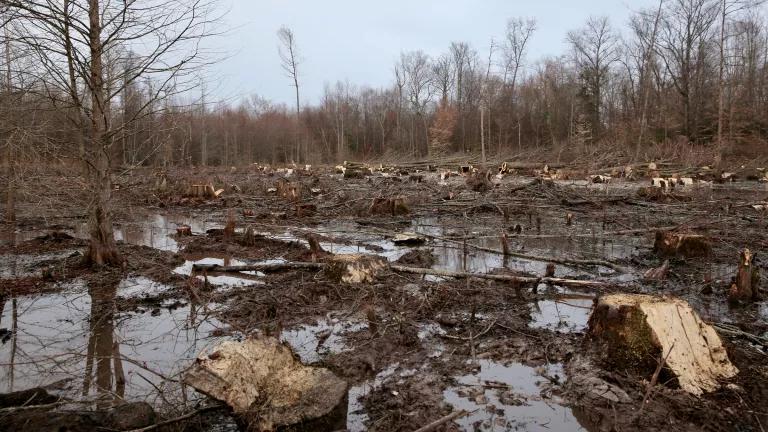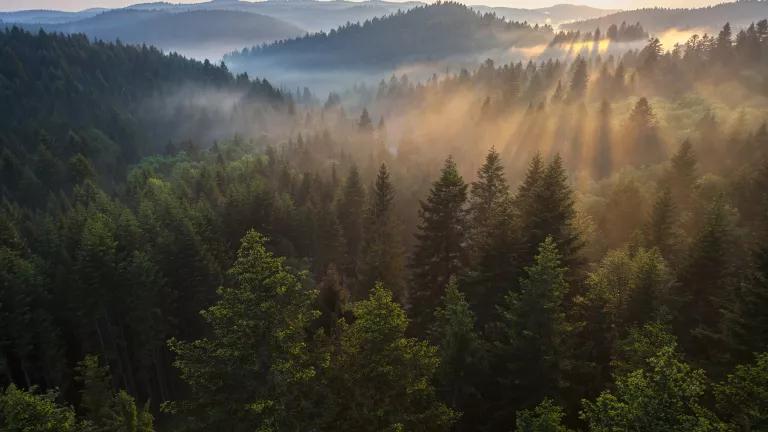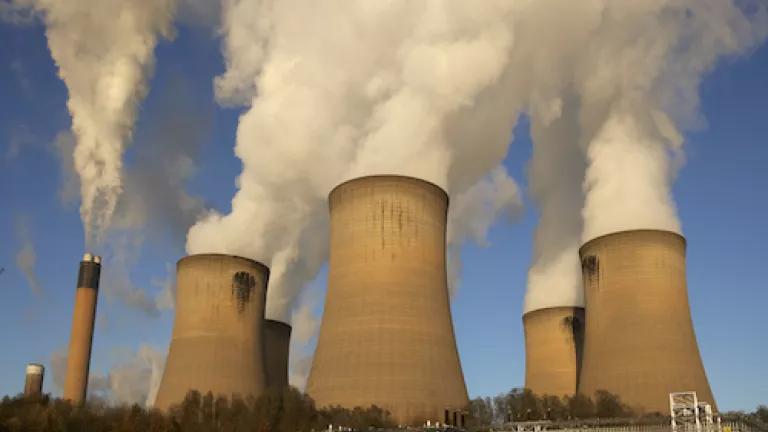UK Climate Change Committee Gets It Wrong on Bioenergy
Britain’s energy security—and residents' energy bills—will all benefit if the government stops trying to burn its way to net zero.

Karl Adami
The UK is no longer a world leader on climate change. That’s the conclusion of the UK’s leading independent authority on climate change - the Climate Change Committee (CCC).
In their annual Progress Report, they warn that the UK has done well in the past, but is now starting to slip down global league tables. They are right - the UK is failing to make strides to cut carbon in a range of areas.
But in one area the Committee has got it very wrong: bioenergy.
The CCC says the Government should stop burning wood in power stations as soon as possible since it spews that carbon dioxide into the atmosphere. All good so far.
But they THEN say that it should roll out carbon capture technology to these bioenergy power stations as quickly as possible.
There’s a huge inconsistency at the heart of what they say: if they’re calling for an end to burning of woody biomass – as they seem to be doing – it can only be because they know - as do thousands of scientists - that it is NOT carbon neutral. That means even with carbon capture technology, it still damages the climate.
Perhaps they hope that instead of millions of tonnes of imported wood pellets, the UK will rely on home-grown energy crops in future.
But this is impossible The Committee thinks the UK will need anywhere from 700,000 to 1.4 million hectares of energy crops, which is up to 6% of UK farmland. Such a huge expansion, even if were achievable, would have drastic implications for the UK’s food production and its nature restoration goals. And a report by Green Alliance found that we’re far better off (to the tune of billions of pounds) getting to net zero by paying farmers to grow food, restore nature, and store carbon, than we are trying to burn our way out of it with energy crops or wood pellets. What if these domestic energy crops and/or the carbon capture technology on which the CCC recommendations rely don’t materialise? Then we’re left with even more power plants burning millions of tonnes of trees.
This seems to be what industry wants, with bioenergy companies buying and building more and more wood pellet facilities, but no sign of them investing in energy crops at home. It’s probably no surprise that they lauded the CCC’s recommendations.
What can be done? In the next few weeks the Government might finally publish its long-delayed Biomass Strategy. A large number of environmental and food organisations have today sent a letter to the Secretary of State for Energy Security and Net Zero asking the UK to stop burning of forest wood and energy crops in power stations, whether or not they have carbon capture.
Let’s not forget that bioenergy is far more expensive - by the Government’s own numbers - than truly low-carbon technologies like wind and solar (even more so if it ever had carbon capture technology added); the companies involved have time and again been found to be poisoning the air of vulnerable communities of color (and been fined for it); and one of the biggest companies is currently under investigation by the UK energy regulator (Ofgem) over its sustainability claims. This is not an industry the Government should be backing - it’s one it should be backing away from, by ending all subsidies for large-scale bioenergy in 2027 at the latest.
Britain’s energy security, families’ energy bills, nature restoration, and emissions reductions, will all benefit if the Government stops trying to burn its way to net zero.




